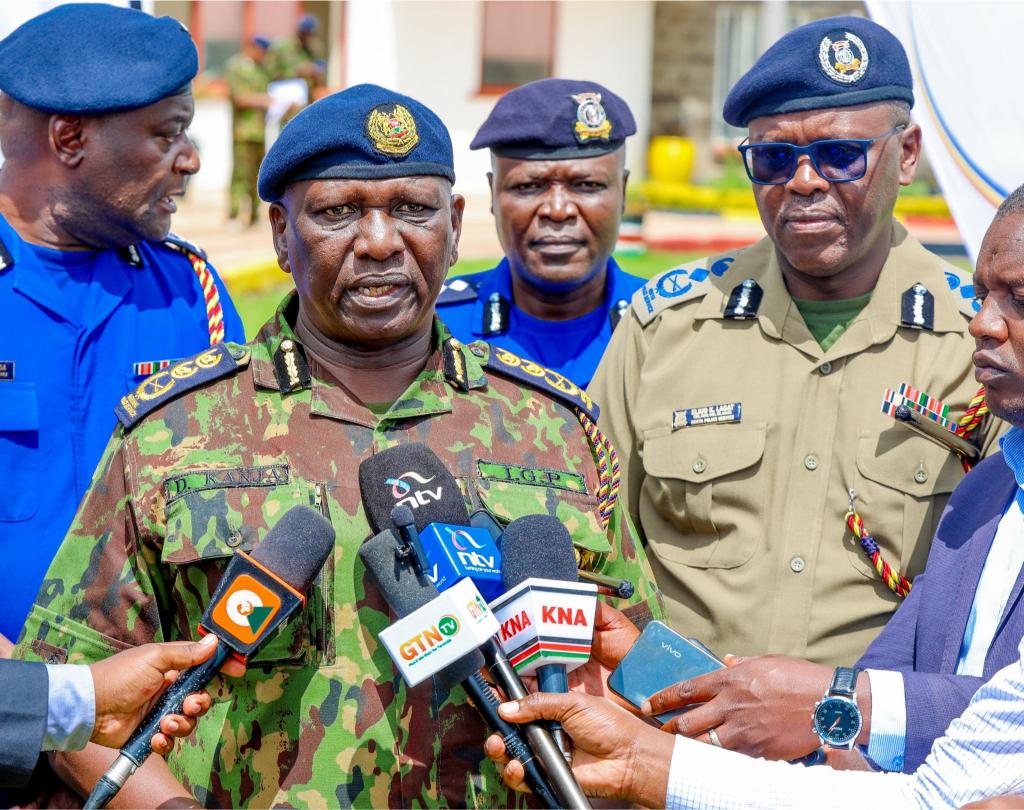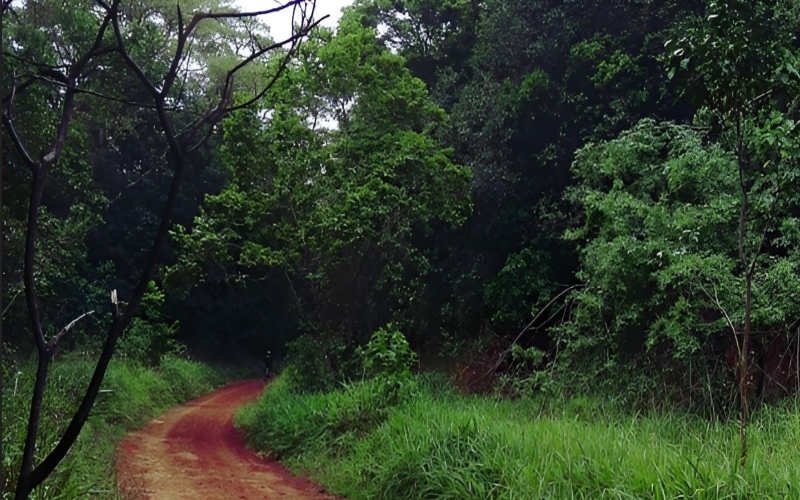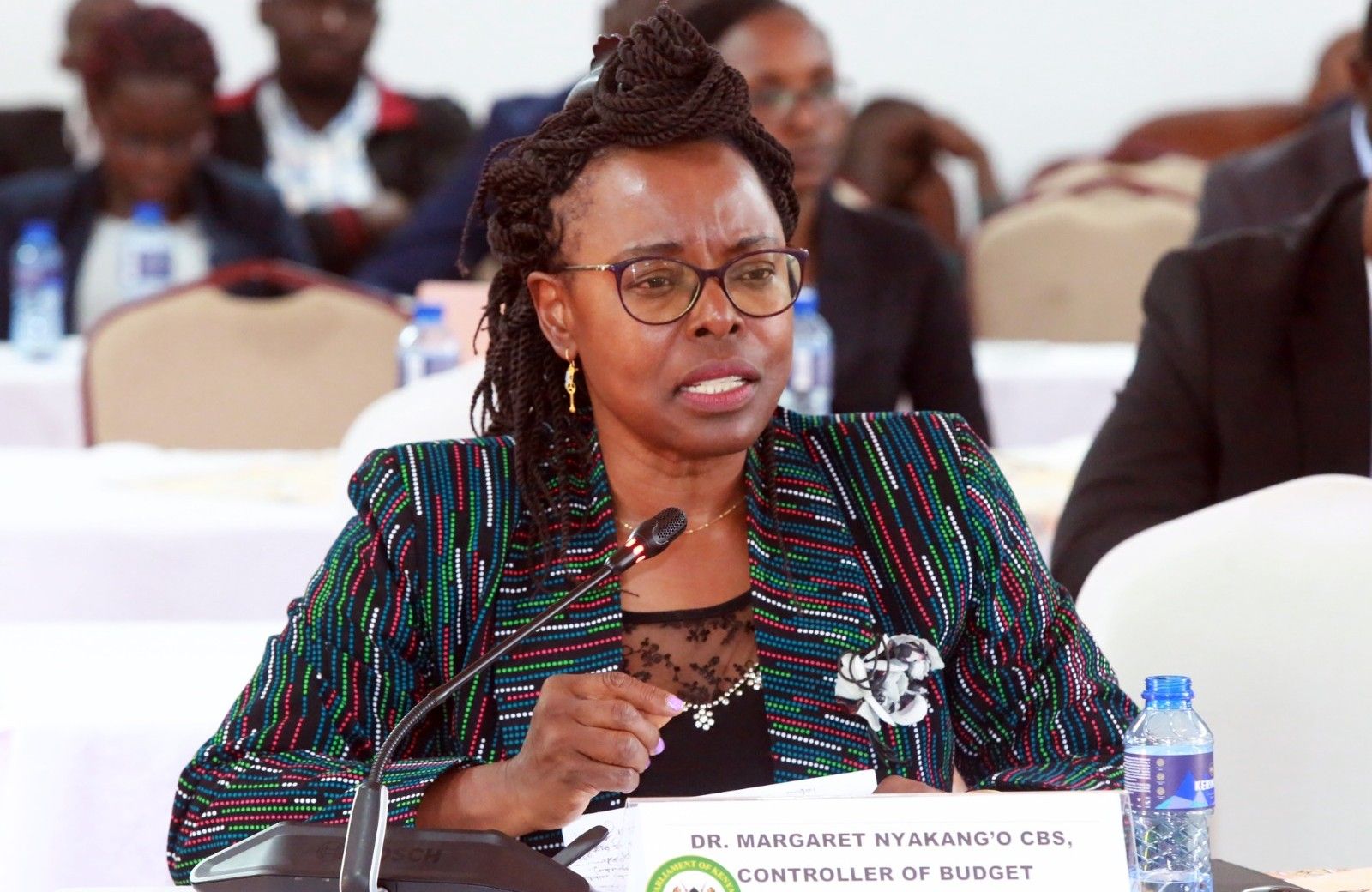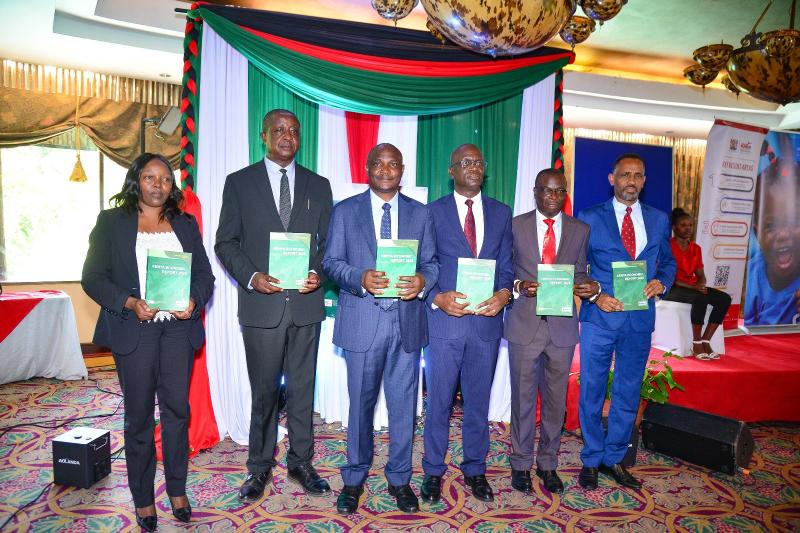Tanzanian-trained rat crowned world’s top mine detector
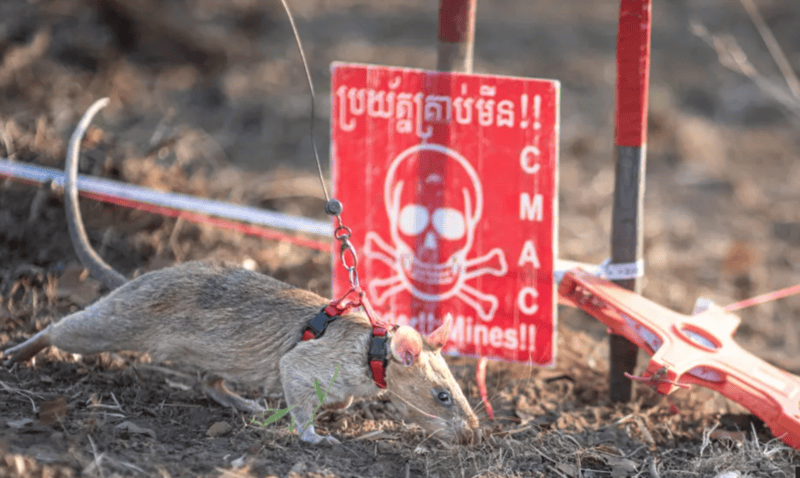
The feat saw him surpass the previous record held by the legendary HeroRAT Magawa, who identified 71 landmines and 38 UXOs during his five-year service.
A Tanzanian-based non-profit organisation, APOPO, has announced that one of its trained rats has achieved the distinction of being the most successful Mine Detection Rat (MDR) in the organisation’s history.
Ronin, an African giant pouched rat (Cricetomys ansorgei), has earned the Guinness World Records title for detecting the most landmines by a rat—highlighting the critical role of HeroRATs in humanitarian demining.
More To Read
- Tanzania faces tightened US entry rules in expanded travel ban
- Tanzania’s CHADEMA party accuses prison authorities of alleged abuse of detainees
- Truphena Muthoni's 48-hour tree-hugging marathon officially certified by Guinness World Records
- Tanzania police issue fresh warning against nationwide demonstrations
- Tanzania streets deserted as police and soldiers quash Independence Day protests
- Police arrest activists protesting at Tanzanian High Commission in Nairobi
In a statement published on its website, APOPO revealed that Ronin has detected an impressive 109 landmines and 15 items of unexploded ordnance (UXO) since his deployment to Preah Vihear Province, Cambodia, in August 2021.
The feat saw him surpass the previous record held by the legendary HeroRAT Magawa, who identified 71 landmines and 38 UXOs during his five-year service.
"At just five years old, he may have two years or more of detection work ahead of him, continuing to build on his already record-breaking total," the organisation said.
The Guinness Book of World Records noted that the life-changing results of APOPO’s HeroRATs, their handlers, and all those involved in training and caring for these incredible animals provide a revelatory example of what can be achieved when humans and animals work together.
"Guinness World Records feats aren’t always just about smashing milestones – sometimes they can be about smashing preconceptions too," said Adam Millward, Managing Editor at Guinness World Records.
Ronin was born and raised in Morogoro, Tanzania, at APOPO’s training centre in the Sokoine University of Agriculture, where he was introduced to clicker training. This technique teaches the rats to associate the sound of a click with a tasty treat such as a banana or peanuts.
"This reward-based system motivates Ronin to identify the scent of explosives accurately. His training also involves working systematically within a grid pattern attached to a line, indicating landmines by scratching at the ground," the organisation explained.
Ronin’s remarkable detection skills are the result of meticulous training built entirely on positive reinforcement—an approach that has helped him secure this extraordinary achievement, offering hope for regions grappling with the persistent threat of landmines and improvised explosive devices (IEDs).
APOPO ensures that its HeroRATs work for only 30 minutes per day, during the cool early hours of the morning. The rest of their time is spent resting, playing, and engaging in natural behaviours. Their work is considered an enrichment activity, keeping their minds and noses stimulated.
"Our HeroRATs are not just workers; they are cherished members of our team. Ensuring their well-being, both during and after their working lives, is our absolute priority," said Pendo Msegu, APOPO’s Animal Welfare Officer in Tanzania.
For over 25 years, APOPO has cleared 169,713 landmines and other explosives globally, with over 52,000 cleared in Cambodia alone. According to the BBC, Cambodia remains heavily contaminated with millions of unexploded munitions, the legacy of two decades of civil war that ended in 1998.
"There are still an estimated four to six million landmines and other unexploded munitions buried in Cambodia," reports the Landmine Monitor, as cited by the BBC.
The Monitor also notes that since 1979, these hidden dangers have caused approximately 20,000 deaths and 45,000 injuries.
"While demining efforts have reduced casualties to 32 reported incidents in 2023, the risk remains significant," it adds.
In addition to Cambodia, the charity also operates in other conflict-affected countries, including Ukraine, South Sudan, and Azerbaijan.
Top Stories Today


